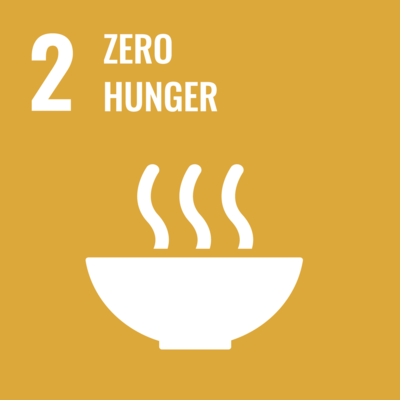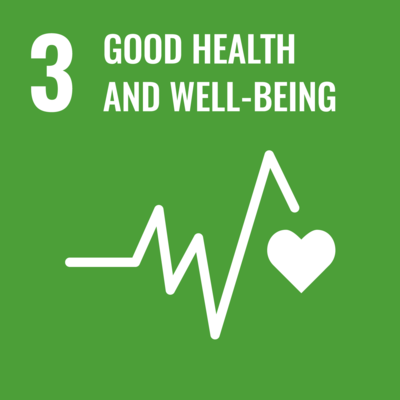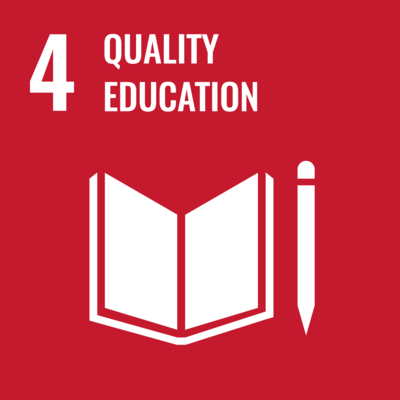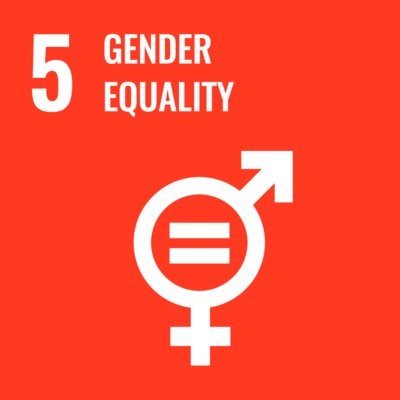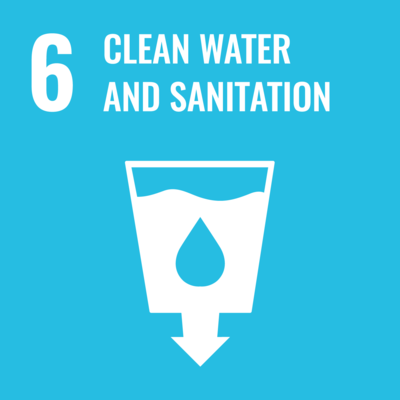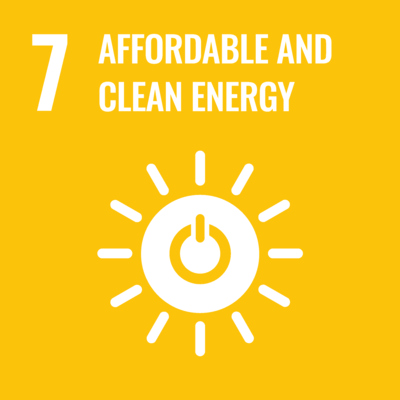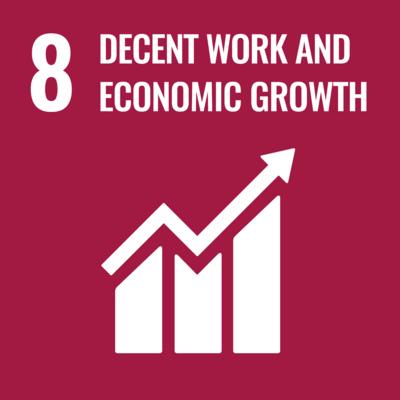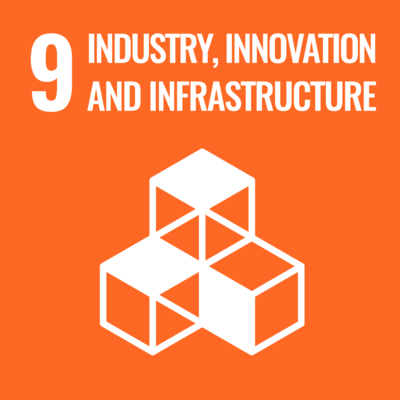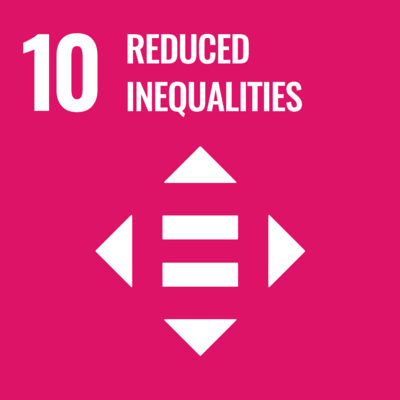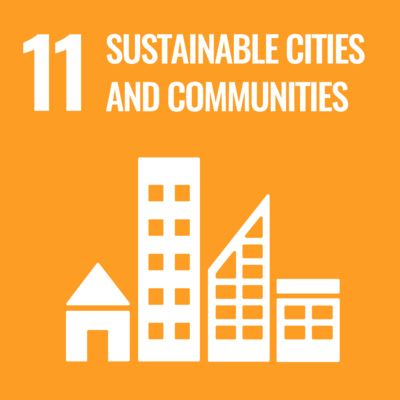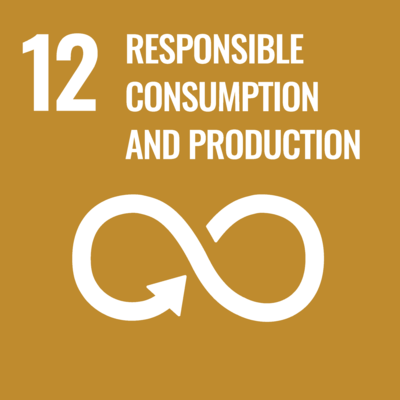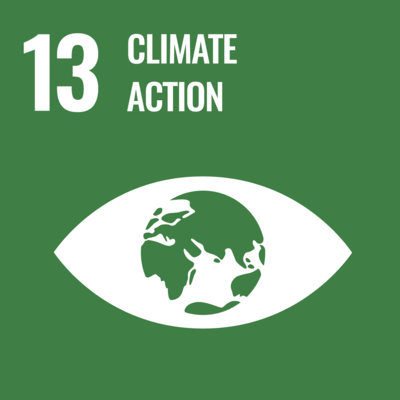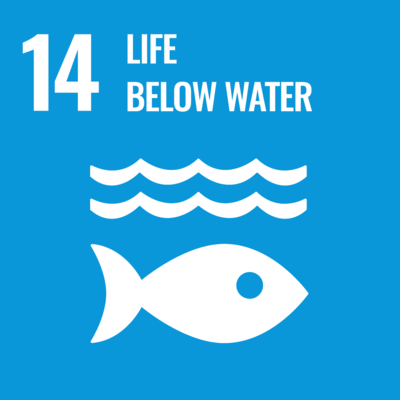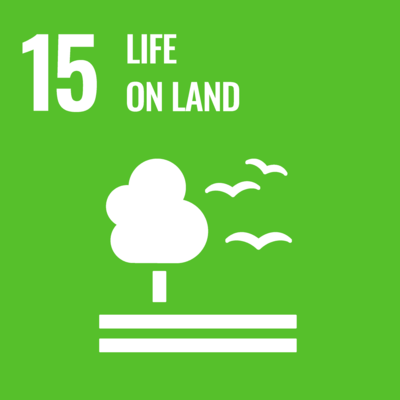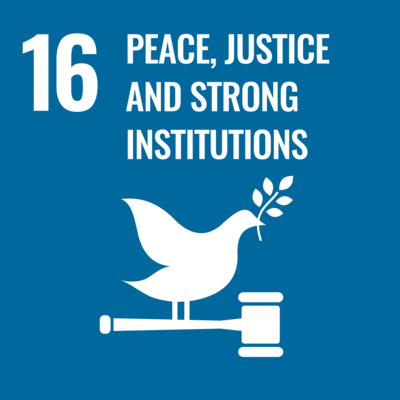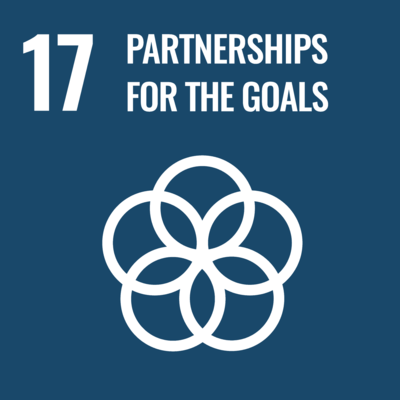SDG 2.5.3 University access to local farmers and food producers
NCUE has long shared its professional facilities, technology, and service with local farmers and food producers, assisting them with professional knowledge and technical support that improves their business model and sustainable development.
1. NCUE’s Department of Biology offers access to well-planned research rooms and supporting projects.
The research projects includes areas such as the symbiosis between insects and microorganisms, algae resource engineering, social insects, animal ecology and evolutionary biology, yeast biodiversity and ecological evolution, bionics, molecular neuroendocrinology, molecular biology, plant genetic engineering, molecular health sciences, molecular medicine, free radical biology and biotechnology, bioinformatics, biology teacher training, environmental education, multimedia biology teaching and learning, and brain function and learning. The Department’s teaching and research results have contributed enormously to agricultural improvements.
2. The Department of Geography at NCUE has promoted the planning and research of regional development. Through comprehensive regional development plans that advance overall regional development, environmental conservation and assessment, the living environment quality and productivity of farmers can be enhanced.
3. In 2024, NCUE's USR project collaborated with coastal aquaculture communities in Changhua, providing local aquaculture industry with free access to university laboratories and technical testing services. These included monthly water quality and sediment monitoring at intake and discharge points, inlet waterways, and coastal areas; assistance with identification of invasive bivalves in fish farms; and testing of marine Vibrio density in water and aquatic products. Through these facilities, technologies, and monitoring services, the project supported aquaculture industry in monitoring and improving farming environments, enhancing aquatic product quality and sustainable aquaculture management capabilities, while promoting eco-friendly farming practices and local brand development (Figure 1).
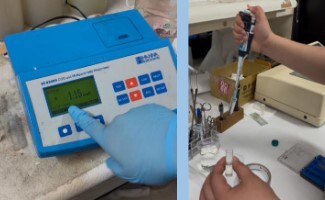
Figure1: Under the USR project, the university conducts monthly water quality monitoring in fish farms and at various water sampling points to assist aquaculture industry in monitoring and understanding farming water conditions.
Annexes:
(1) Latest Research Conducted by NCUE’s Department of Biology:
https://biology.ncue.edu.tw/front/Academic%20Achievements/journal.php?ID=bmN1ZV9iaW9sb2d5JkFjYWRlbWljIEFjaGlldmVtZW50cw==
(2) NCUE Department of Biology website: https://biology.ncue.edu.tw/
(3) NCUE Department of Geography website: https://geo3w.ncue.edu.tw/intro_021.php
(4) Ministry of Education's project: "Beautiful and Treasured Clams in Fangyuan and Dacheng: Sustainable Industry and Environment Project of Changhua’s Two Cities Amid Climate Change" website:
https://www.facebook.com/NCUEUSR/


